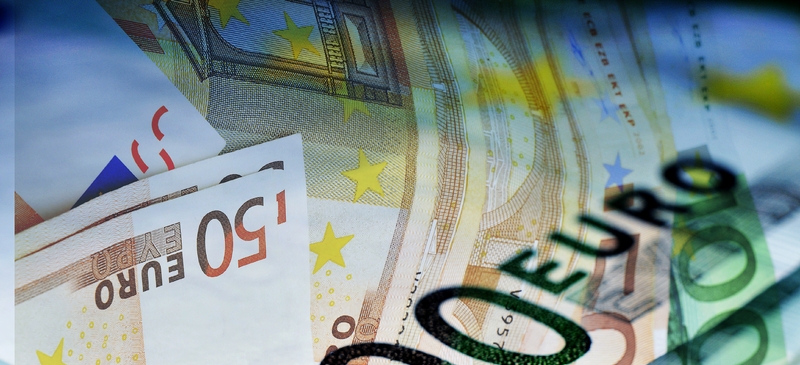
Europe's new economy
Europe needs a new economic story. Its ability to compete in the knowledge-driven economy depends on how well it can translate science, technology and know-how into jobs, growth and economic success.
Attitudes towards wealth are more complex in Europe than in the US, where it is more easily understood that the incentive for taking risks is the potential for huge rewards. In Germany, for example, stock options were illegal until 1998 because it was considered unacceptable to become a multi-millionare in a short space of time.
Entrepreneurial societies also need to tolerate high rates of failure. Many successful entrepreneurs in Silicon Valley have had several failed start-ups before they hit a "home-run". Countries where the most prestigious careers are still those in the civil service and in large companies find it difficult to spawn entrepreneurs. As Michel Dubois, a venture capitalist in Lyon, puts it: "If you become an entrepreneur and fail in France you're dead, economically, socially and politically. There is no way back."
An innovative society must be committed to change. But that sits uneasily beside a commitment to social cohesion and limiting inequality. The capacity to cope with change and exploit its potential is not evenly distributed; opportunities in the new economy will fall to better-educated, more mobile, flexible risk-takers. Governments will find it hard to win the argument for entrepreneurial policies unless they can also find ways of helping the less adaptable.
Encouragingly, a new business generation is emerging in Europe, with shared aspirations, values and outlooks. The common features among Europe's twenty- and thirty-something entrepreneurs are far more striking than the differences. They tend to create businesses with similar characteristics although they do so in quite different local circumstances and regulatory regimes. This new generation generally speaks English, runs non-unionised companies with flat management structures that are international in outlook, and raises finance through venture capital rather than bank lending.
There is also a growing consensus among European governments of the practical policies that are needed to promote more start-up companies. Governments are finding ways to promote the teaching of business skills and entrepreneurship in schools and universities. All EU countries are taking steps to promote seed-capital funds, which invest small amounts in very young companies. In Belgium, 26,000 companies have benefited from the Cooremann-Deckr law, which allows tax deductions for personal investment in shares and offers special tax incentives for new and expanding companies.
These are encouraging signs. But policy needs to change more dramatically for it to have a real effect on the economy. The list of Silicon Valley companies founded by European immigrants is a telling commentary on Europe's limited opportunities for entrepreneurship.
The completion of Europe's single market is critical. In many sectors, markets are still too fragmented to support the kind of ambitious growth achieved by US entrepreneurs. The EU must do more to promote itself as an entrepreneurial economic space. In some areas, such as clamping down on distortive state aids, the EU should simply use existing powers and competences more vigorously. Elsewhere, such as in labour market reform, the EU's role is to promote 'soft convergence' by encouraging member-states to benchmark and adjust their policies around agreed targets.
The Commission has just amalgamated the directorates dealing with industry policy and small business into an Enterprise Directorate-General, run by Commissioner Erkki Liikanen. The new directorate marks a shift away from traditional industrial policies, often designed for large companies, towards an approach that addresses the needs of large and small businesses, including, for instance, access to risk capital and links to universities. This is a good start. But not until the promotion of innovation and entrepreneurship becomes the driving force behind all economic policy-making will the European economy become as dynamic as that of the US.
